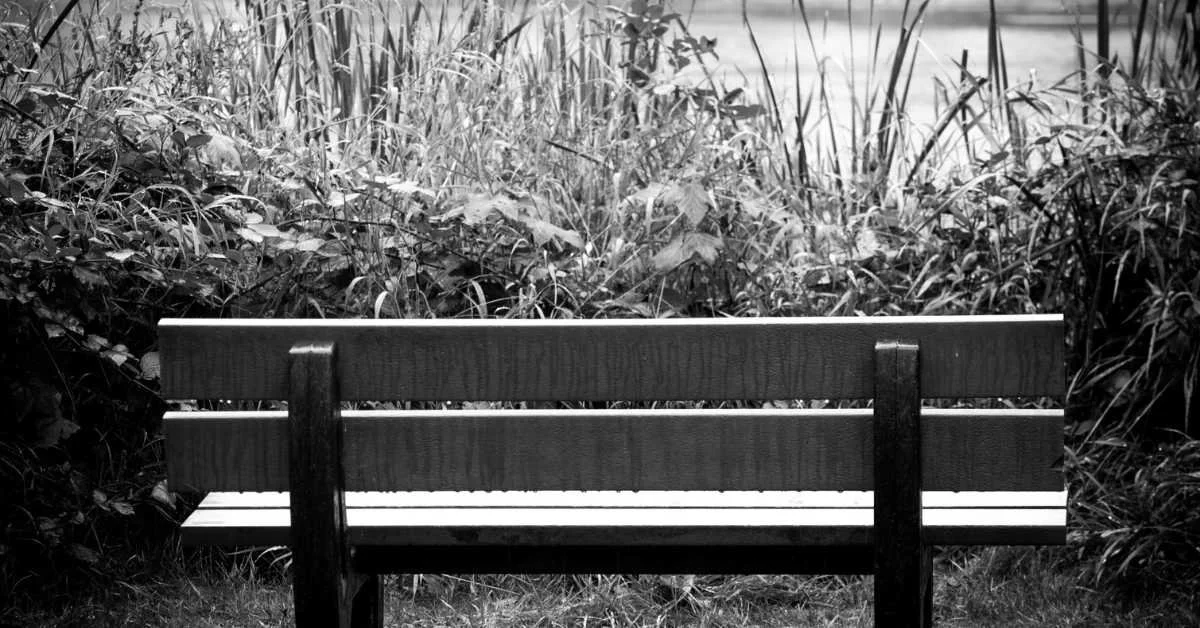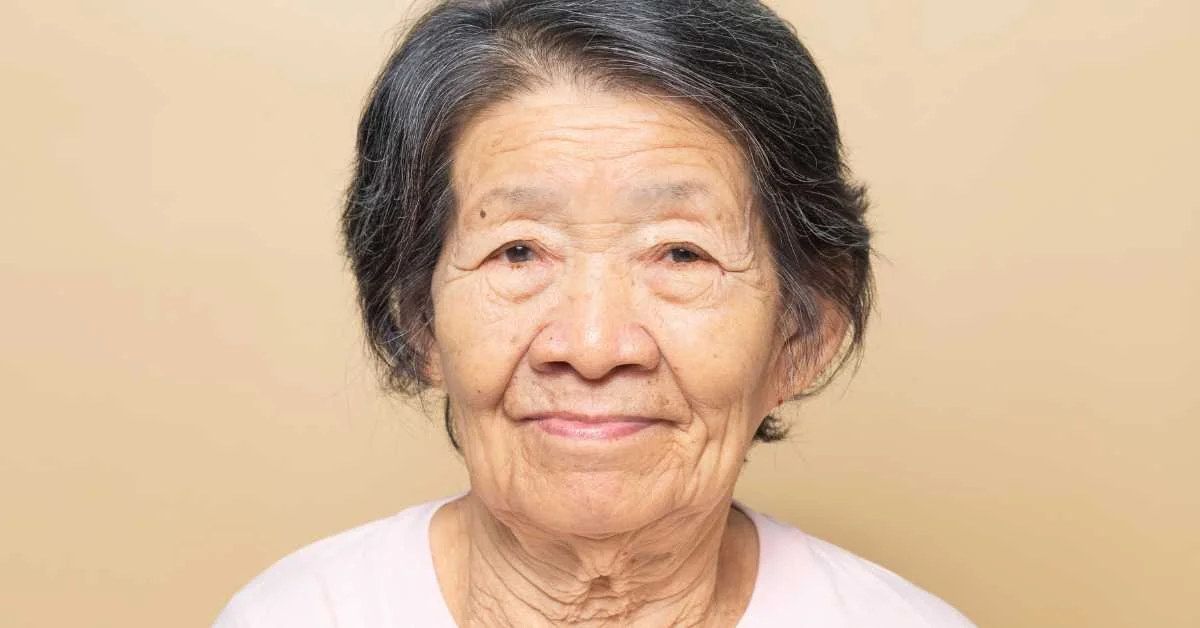Emotional Wellbeing in Homecare Addressing Loneliness and Mental Health in Seniors
For older adults in homecare, emotional wellbeing is as crucial as physical health. Yet seniors commonly face loneliness, anxiety and depression. Many life changes – retirement, health problems, or losing loved ones – can shrink their social circle and lead to isolation. In fact, one study found nearly 40% of Singaporeans aged 62+ reported feeling lonely, and the number of seniors living alone rose from 58,000 in 2018 to 79,000 in 2022. Such stresses can undermine an elderly person’s quality of life, so addressing emotional wellbeing in homecare is essential.
Understanding the Emotional Challenges Seniors Face at Home
Seniors often grapple with multiple emotional challenges at home. Retirement and declining health can leave them with less daily purpose and fewer social contacts. Losing a spouse or close friends can trigger profound grief and loneliness. Many older adults also worry about losing their independence – struggling with daily tasks or feeling like a burden can cause anxiety, frustration or guilt. Together, these factors can make daily life feel isolating or overwhelming for a senior. Research in Singapore shows that such loneliness among seniors often goes hand-in-hand with more depressive symptoms, highlighting how these emotional challenges are linked to mental health.
The situation is growing in Singapore’s ageing population. Government data notes the number of residents 65+ living alone jumped from 58,000 in 2018 to 79,000 in 2022, which can exacerbate chronic loneliness. Smaller family sizes and shifts in living arrangements mean some seniors have less built-in social support. Worries about cognitive decline, health costs or future care can haunt older people. Without daily companionship, even ordinary worries can fuel anxiety or sadness. In sum, seniors at home may face isolation, grief, and fear of losing autonomy – all of which underscore the need for attentive, empathetic care.
How Loneliness Affects Physical and Mental Health
Loneliness has serious health impacts. As HealthHub (Singapore’s health portal) explains, social isolation can raise an older adult’s risk of heart disease and depression. In Singapore, studies confirm this toll: lonely seniors report more depressive symptoms and even shorter lifespans. For instance, one analysis found that lonely 60-year-olds here lived on average 3–5 years less than non-lonely peers. Another report noted that chronic loneliness carries a mortality risk comparable to smoking or major chronic illness. In short, loneliness is more than an emotional burden – it can severely undermine both physical and mental health in seniors. With these stakes, preventing isolation is as much a medical concern as treating any physical ailment.
Strategies to Support Emotional Wellbeing in Homecare
Regular check-ins and companionship: Schedule daily or weekly calls and visits. Even a simple chat can brighten a senior’s day. In Singapore, trained volunteers often step in: AIC’s befriending programme matches lonely seniors with friendly visitors who stop by regularly. Likewise, Silver Generation Ambassadors actively reach out to older citizens to connect them with services. You can also involve neighbors, family and church groups to offer support. These social contacts help seniors feel noticed and valued.
Maintain meaningful daily routines: Structure brings comfort. Help your loved one keep a regular schedule for meals, exercise and rest. Encourage gentle activity – a short walk, light stretching or chair exercises – which boosts mood and health. Pursue small rituals like morning tea, hobbies or even watching a favourite TV show together. Homecare teams (like Alami’s nurses or aides) can assist in creating and sticking to routines, so each day has purpose and familiarity.
Encourage community engagement: Help seniors stay active in the community. For example, the Agency for Integrated Care’s Active Ageing Centres (AACs) run classes and group activities (exercise, games, crafts) for seniors. Volunteers at AACs typically check in on isolated seniors at least monthly. Joining a senior centre, church group or hobby club provides social outings and new friendships. If going out is hard, consider organising small family gatherings or inviting friends over. Technology can help too – teaching a senior to use video calls or messaging lets them connect with distant relatives and stay involved in family life.
Foster hobbies and learning: Engaging the mind is key to emotional health. Encourage your loved one to pursue interests they enjoy – be it gardening, puzzles, music, art, or reading. Learning a new skill can be empowering: for instance, Singapore’s National Silver Academy offers courses for seniors (from cooking to languages) to learn and meet peers. Even simple activities like photo albums, crafts or radio shows can give a senior something to look forward to. Hobbies provide mental stimulation, a sense of accomplishment and joy, all of which counteract loneliness.
Offer empathy and emotional support: Caregivers should listen actively and show kindness. Acknowledge the senior’s feelings without judgment: saying “I’m here for you” or gently inviting them to share can help a lot. Reminiscing together by looking at family photos, talking about old memories, or simply holding hands validates their emotions. Avoid dismissing worries or rushing them off; instead, be patient and reassuring. Even sitting quietly with them while they watch TV can reduce feelings of isolation. These small, caring gestures build trust and remind seniors they are not alone.
Utilize homecare services: Don’t hesitate to draw on professional home-based support. Providers like Alami Clinic offer in-home nurses, therapists and caregivers who assist with daily needs and provide companionship. Our team can identify emotional concerns during visits and suggest tailored activities or resources. For example, we might organise a favourite song in the background during therapy or arrange social visits on bad days. Alami’s professionals can also coordinate with community services and keep family informed about the senior’s mood and social engagement.
By combining these strategies, caregivers and families can create a supportive home environment. Regular contact, structured activities and genuine empathy go a long way toward keeping seniors mentally healthy and socially connected.
How Families and Caregivers Can Spot Signs of Declining Mental Health
It’s important to watch for subtle warning signs that a loved one’s mental health may be slipping. Changes often appear gradually, but here are key red flags:
Emotional and behavioral changes: The senior may seem unusually irritable, angry or tearful. They might lose interest in activities they once enjoyed or express feelings of hopelessness. Health experts note that depressed seniors often do not openly say they are sad. Instead, watch for a lack of motivation, slowed speech or movements, or frequent complaints about “feeling down.” Consistent negativity, frequent crying, or drastic mood swings are signals to take seriously.
Physical and personal care changes: Be alert for complaints of unexplained aches and pains, especially when medical causes are ruled out. Noticeable changes in eating or sleeping habits can also be signs (e.g. sudden loss of appetite or insomnia). Neglecting self-care is common when seniors are depressed: they might skip meals, stop bathing regularly or have a bedraggled appearance. If a senior looks uncharacteristically unkempt or loses weight without trying, it could indicate an emotional issue.
Social withdrawal: A senior in mental distress may start pulling away socially. They might decline invites, stop going to church or club meetings, and sit alone more often. Comments like “I’m fine” when they’re clearly unhappy can mask deeper feelings. Notice if family gatherings feel forced or if the senior spends long hours alone. This loss of interest in friends and family activities is often a subtle warning sign.
Cognitive changes: Watch for significant memory problems or confusion beyond normal aging. Forgetting important appointments, getting lost in familiar places, or difficulty concentrating may hint at depression or early cognitive decline. These could also be side effects of anxiety. While occasional forgetfulness is normal, increasing disorientation or inability to make decisions warrants attention.
If you observe these signs persisting (especially for weeks) or worsening, it’s time to take action. Early recognition and intervention can prevent more serious problems.
When and How to Seek Professional Help
Knowing when to get professional help is crucial. If a senior’s loneliness or sadness persists for more than a couple of weeks, worsens, or begins to interfere with daily life, consult a healthcare professional. In Singapore, you can start with a family doctor or polyclinic visit. These clinicians can assess health (e.g. check for medical issues like thyroid problems) and ask screening questions for depression or anxiety. For seniors on a CHAS (Community Health Assist Scheme) card, polyclinic and GP visits are subsidised, making care more affordable. If needed, the doctor can refer your loved one to a psychologist, counselor or geriatric psychiatrist.
Mental health treatment is available and effective. Counseling and medication have been shown to help older adults recover. As HealthHub notes, depression in older adults is not an inevitable part of ageing and can be treated with professional help. Psychiatrists, psychologists, or trained counselors can provide therapy, coping strategies and, if necessary, antidepressant medication. Support groups (for seniors or for caregivers) also offer understanding and practical advice. In Singapore, community services and NGOs often run elder support programs you can join.
Alami Clinic can support families in this process. Our homecare team will alert you if we notice concerning signs and can liaise with doctors to arrange referrals. We can also educate families about resources like the Silver Ribbon depression helpline or caregiver workshops. In essence, we act as a coordinator: if your senior needs a social worker, counselor, or specialised clinic, Alami can help make the connection.
Remember: asking for help is a strength, not a weakness. The right professional support – be it counseling, therapy or medication – can greatly improve an elderly person’s quality of life. With timely care and a supportive network, seniors can overcome loneliness and maintain good mental health even at home.




